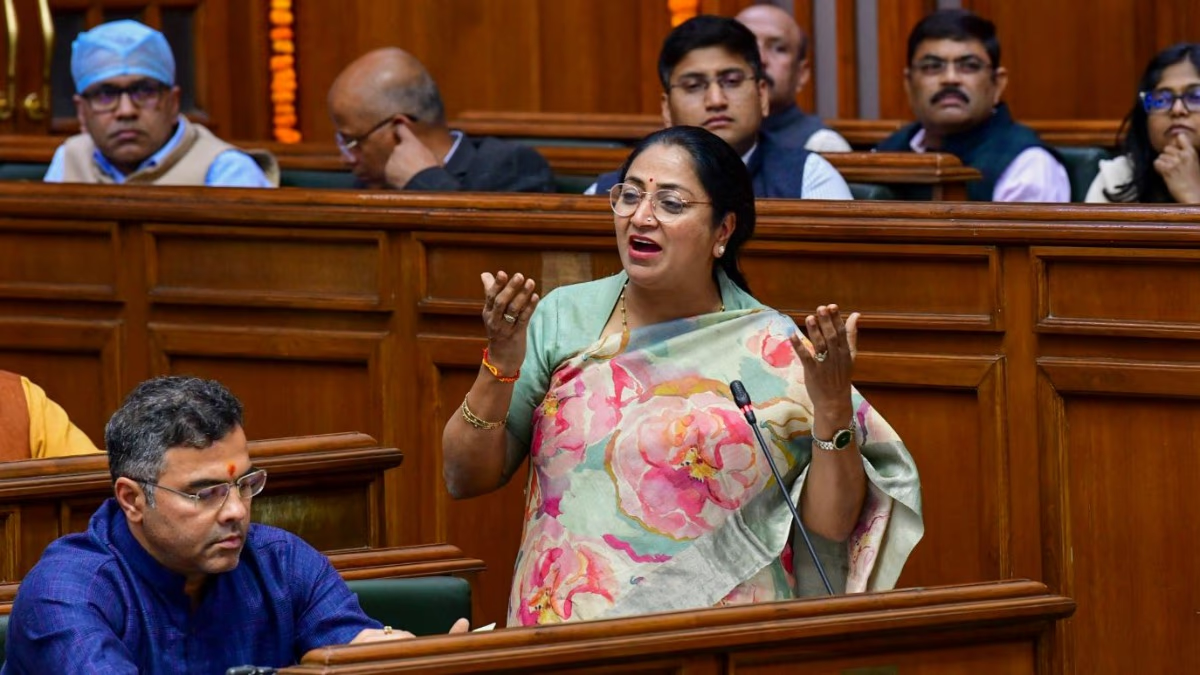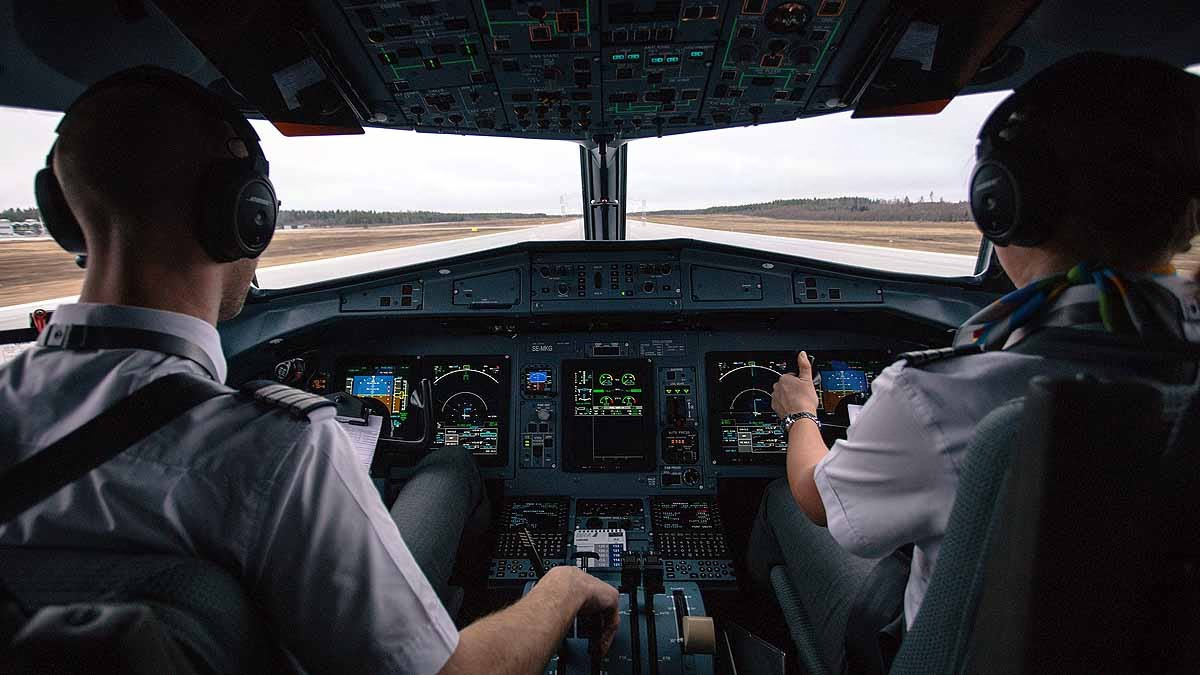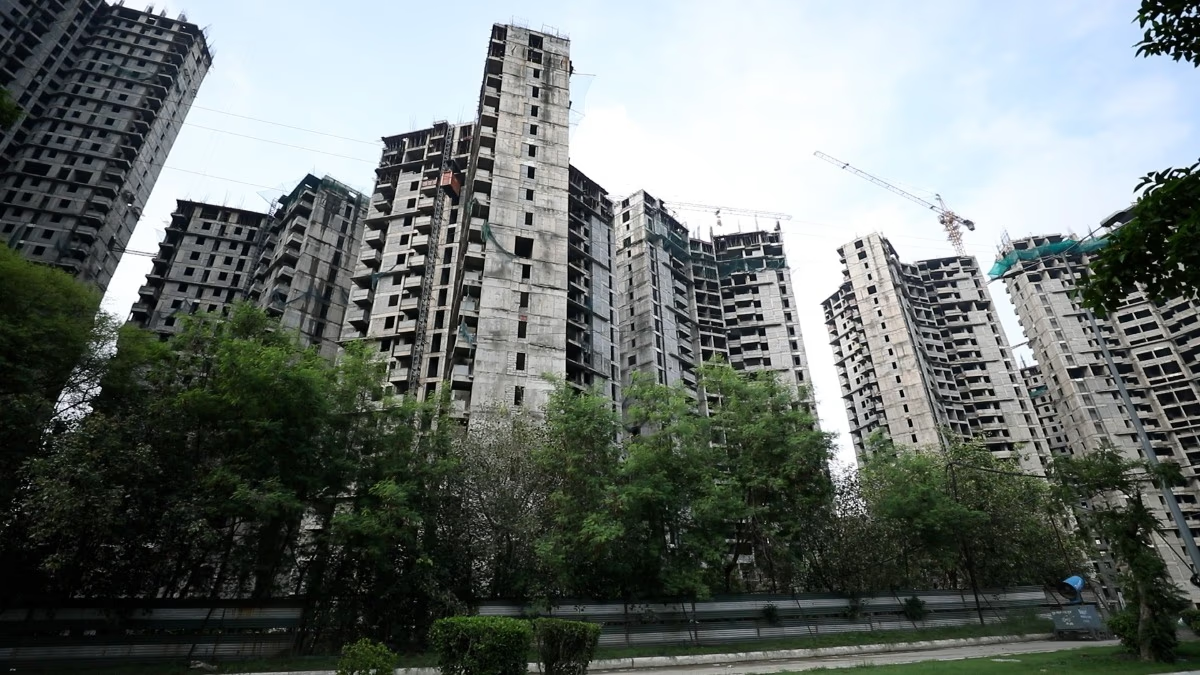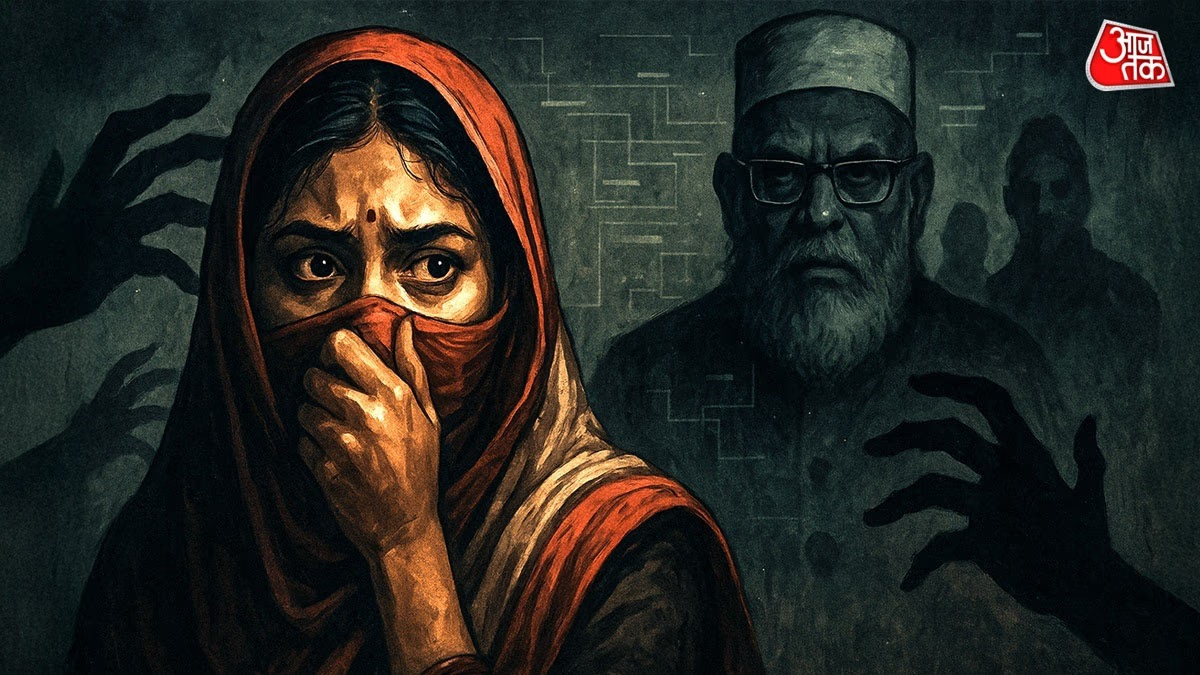Since the BJP government, led by Rekha Gupta, took charge in Delhi, it has consistently targeted the main opposition, the Aam Aadmi Party (AAP). One by one, CAG reports are being presented in the assembly, accusing various departments of irregularities during AAP's administration. Following reports on liquor and Mohalla clinics, a CAG report concerning the Delhi Transport Corporation (DTC) was presented in the assembly on Monday.
The Department Lacks a Business Plan
This report reveals that despite conducting business worth ₹660.37 crore in 2021-22 and transporting an average of 15.62 lakh passengers daily, DTC continues to suffer financial losses. Over seven years of audits from 2015-16 to 2021-22, it was found that DTC had no business plan or performance benchmarks, nor was any study conducted to bring the department into a profitable state.
DTC has reduced its bus numbers and modernization efforts have been delayed. This includes the acquisition of electric buses and a lack of penalties for delayed deliveries. The fleet size reduced from 4,344 buses in 2015-16 to 3,937 in 2022-23, and only 300 new electric buses were added despite available funds. The ratio of old buses increased significantly, impacting operational capabilities and falling behind the national average.
₹14,000 Crore Loss for DTC
The report states that the number of old buses in the fleet has increased to 44.96%, impairing vehicle productivity and increasing breakdowns. Poor route planning led to an operational loss of ₹14,198.86 crore over seven years of audits, exacerbated by missed routes and frequent breakdowns.
The corporation's buses ran an average of only 180 to 201 kilometers per day, below the target (189-200 km). Due to frequent breakdowns and flaws in route planning, a potential revenue loss of ₹668.60 crore occurred between 2015-22. According to the audit report, DTC was unable to cover its operational expenses due to a lack of independence in fare determination. Since 2009, the Delhi government has not been able to increase bus fares, affecting the corporation's revenue.
Complaints at the Management Level
Significant deficiencies in management and internal controls were observed within DTC. No policy was made to determine the correct number of staff, leading to severe shortages for drivers, technicians, and other key positions, while the number of conductors exceeded requirements.
The report indicates that implementing an automatic fare system and installing CCTV proved ineffective. Comparatively, cluster buses operated by DIMTS performed better. DTC encounters fare autonomy issues, resulting in difficulties covering operational costs without government aid.
Delhi Assembly’s Budget Session
Financial concerns have surfaced due to overdue amounts from the transport department, uncollected rental fee and service tax, underutilized depot locations for commercial purposes, and erroneous tax credit claims. ₹225.31 crore in dues remain uncollected, and property rent and fees have not been paid.
The Delhi government's budget session has commenced, with Rekha Gupta scheduled to present the budget in the assembly on Tuesday. The session is expected to last until March 28, with expectations of tumultuous proceedings considering the CAG report and budget discussions.




